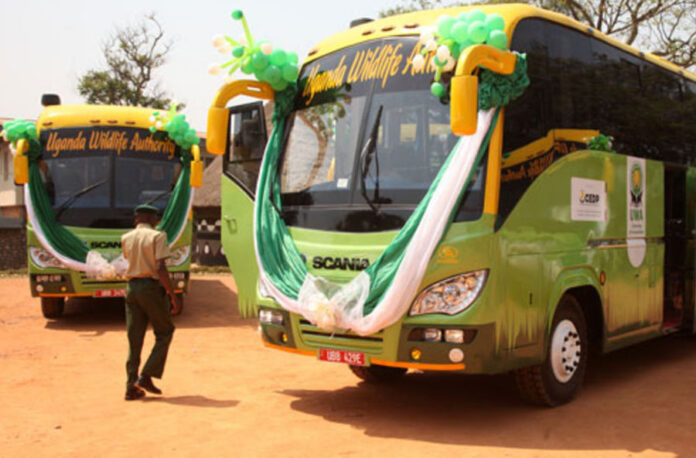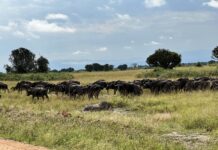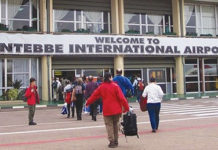Tourism plays a crucial role in the economic development of any country, contributing to job creation, foreign exchange earnings, and infrastructure development. In Uganda, the Uganda Wildlife Authority (UWA) is spearheading efforts to enhance local tourism, focusing on preserving the country’s natural resources while promoting sustainable tourism practices. This article explores UWA’s initiatives aimed at bolstering local tourism and their impact on the country’s economy and conservation efforts.
UWA’s Role in Conservation and Tourism
The Uganda Wildlife Authority is the government body responsible for managing Uganda’s national parks, wildlife reserves, and other protected areas. Its primary mandate is to conserve and protect the country’s wildlife, including endangered species such as mountain gorillas, elephants, and rhinoceroses. UWA recognizes that sustainable tourism can provide a vital source of revenue to support conservation efforts and local communities.
Promoting Community Engagement
One of UWA’s key initiatives involves actively involving local communities in conservation and tourism activities. UWA recognizes that local communities are key stakeholders in protecting and preserving natural resources. By engaging communities and providing them with opportunities to participate in tourism-related activities, UWA aims to foster a sense of ownership and responsibility for conservation efforts.
Community-based initiatives, such as cultural tourism programs and community-led nature walks, have been established to showcase the unique cultural heritage and biodiversity of Uganda. These initiatives not only provide an immersive experience for tourists but also generate income for local communities, promoting sustainable development.
Collaboration with Stakeholders
UWA understands the importance of collaboration with various stakeholders to maximize the impact of their efforts. The organization actively works with local tour operators, travel agencies, and other industry players to promote Uganda as a premier tourism destination. By fostering partnerships and promoting responsible tourism practices, UWA aims to attract a diverse range of tourists while minimizing the ecological footprint of tourism activities.
Infrastructure Development and Capacity Building
To enhance local tourism, UWA recognizes the need for infrastructure development and capacity building. Investments in infrastructure, such as visitor centers, accommodation facilities, and well-maintained road networks, are crucial for attracting tourists and ensuring their comfort and safety during their visit. UWA is working closely with the government and other stakeholders to improve infrastructure in and around national parks and protected areas.
Additionally, UWA provides training programs and capacity-building initiatives for local communities and park rangers. These programs equip individuals with the necessary skills and knowledge to engage with tourists effectively, provide quality services, and contribute to conservation efforts.
Measuring Impact and Future Plans
UWA continually monitors and evaluates the impact of its initiatives to ensure their effectiveness. Through data analysis and feedback mechanisms, UWA assesses the number of visitors, revenue generated, and the overall satisfaction of tourists. This information guides their decision-making process and helps refine strategies for future improvements.
Looking ahead, UWA plans to expand its efforts in marketing and promotion, both domestically and internationally, to attract more tourists to Uganda. The organization aims to leverage technology and digital platforms to create immersive experiences for potential visitors, showcasing the rich biodiversity, cultural heritage, and adventure opportunities that Uganda has to offer.
The Uganda Wildlife Authority is playing a crucial role in enhancing local tourism by prioritizing conservation, community engagement, and collaboration with stakeholders. Through its initiatives, UWA aims to create sustainable tourism practices that benefit both the environment and local communities. By investing in infrastructure development and capacity building while embracing responsible tourism, UWA is paving the way for Uganda to become a premier tourism destination, contributing to the country’s economic growth and conservation efforts






